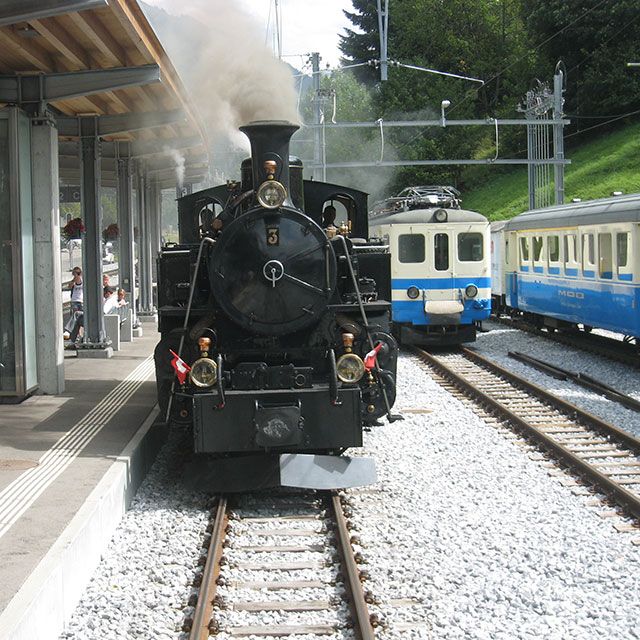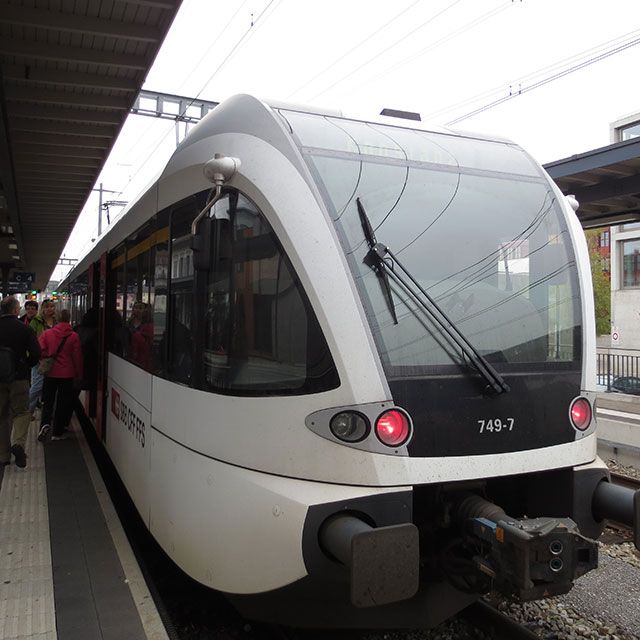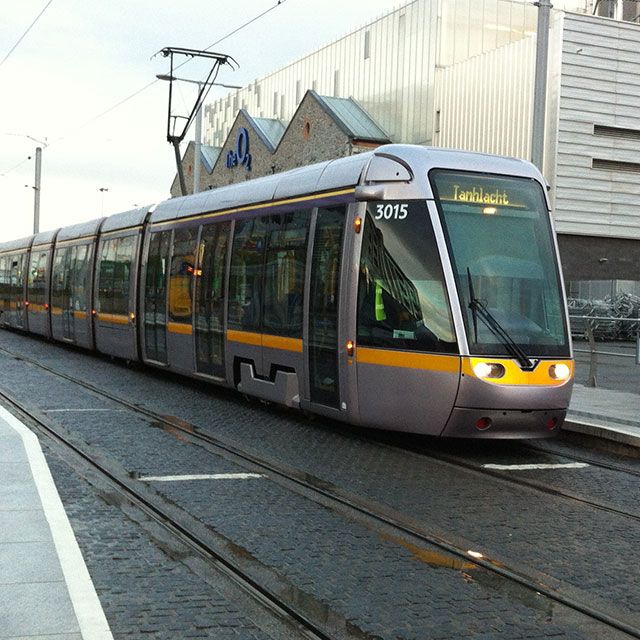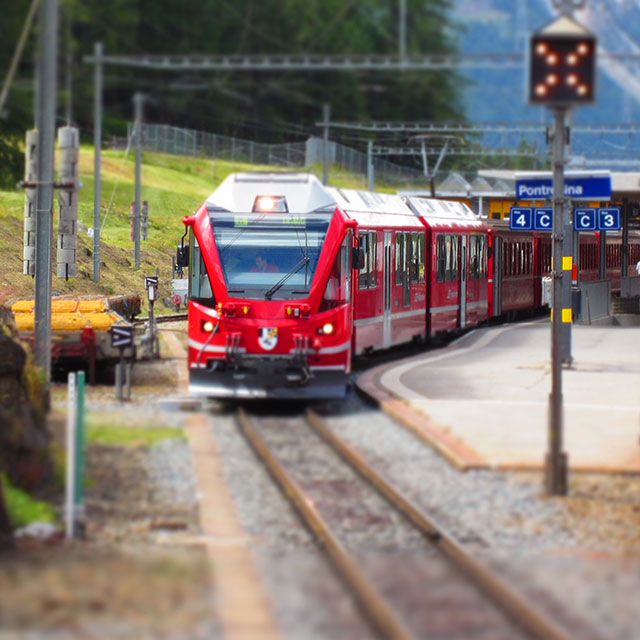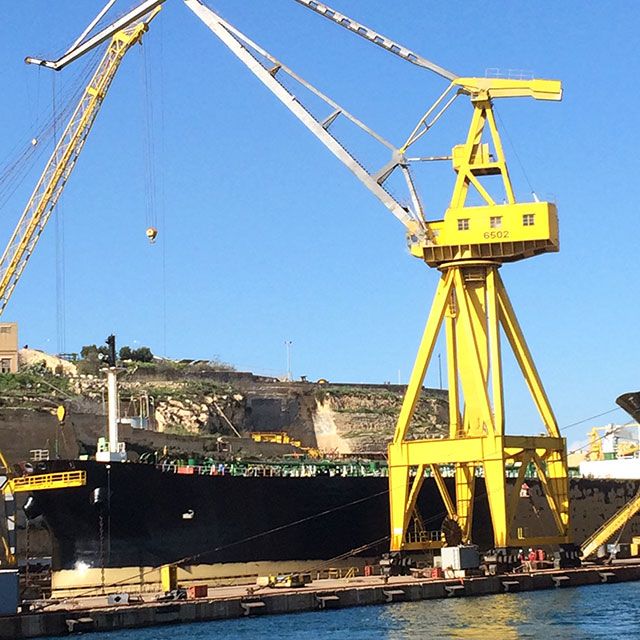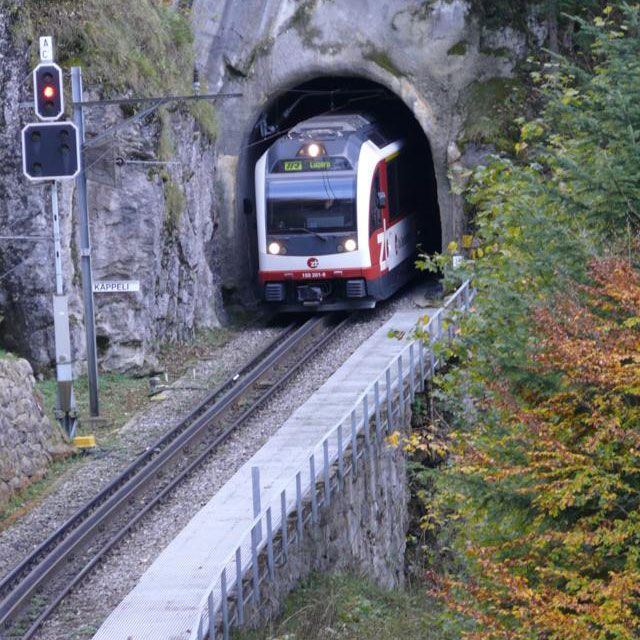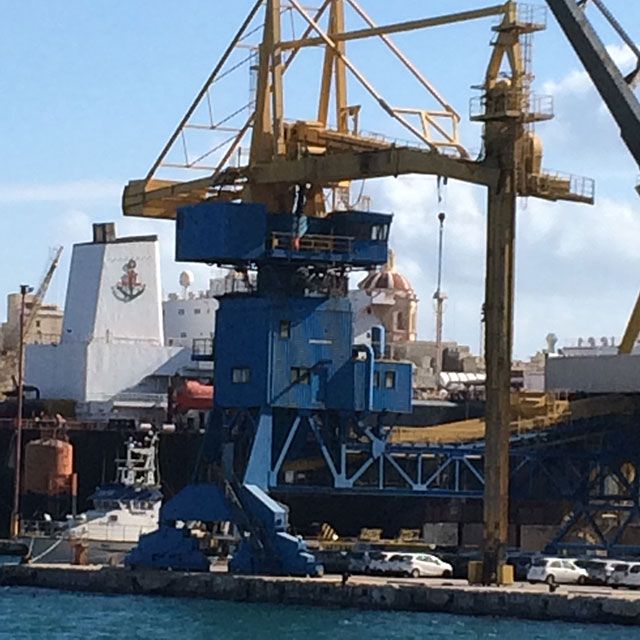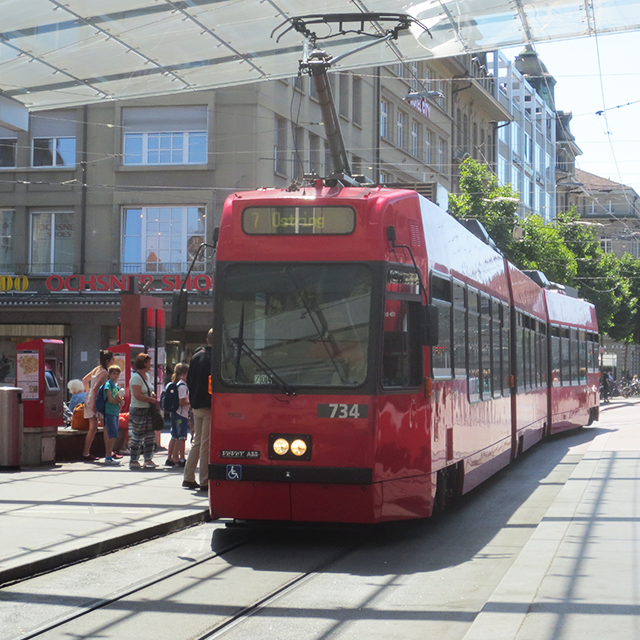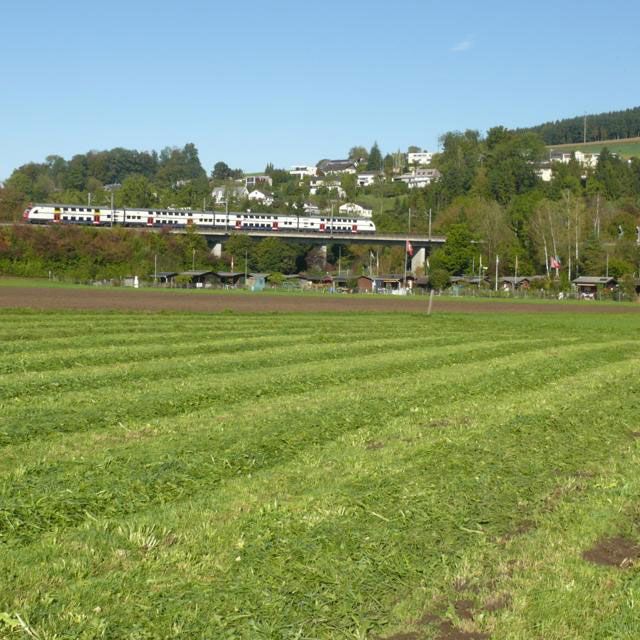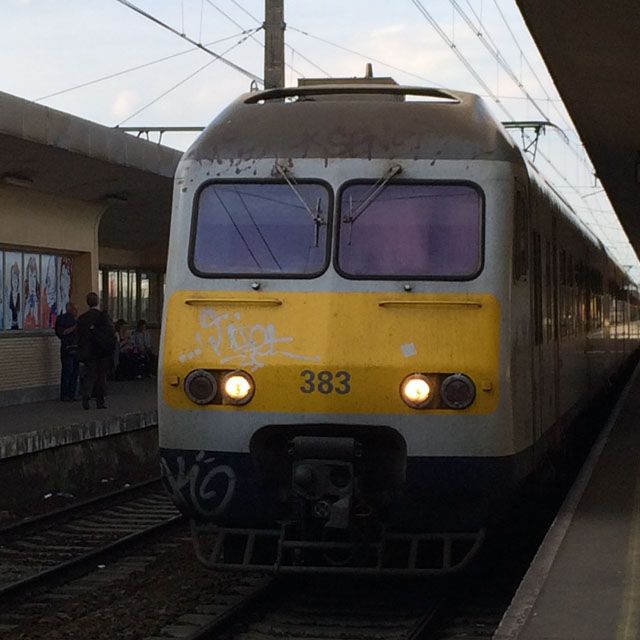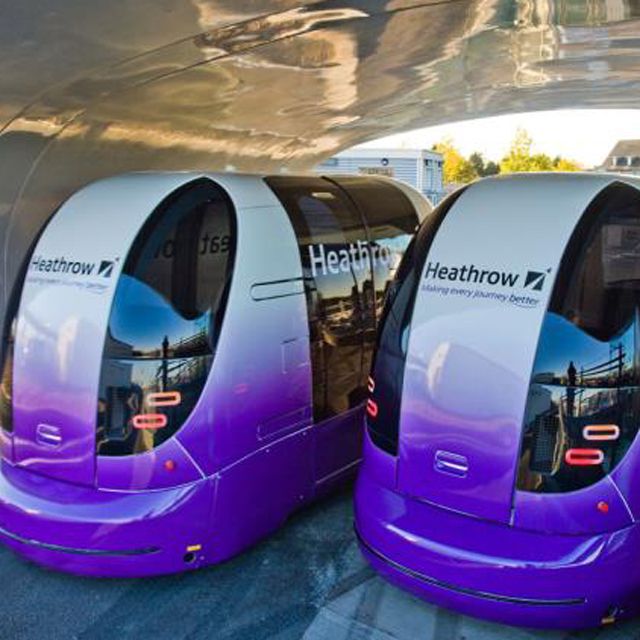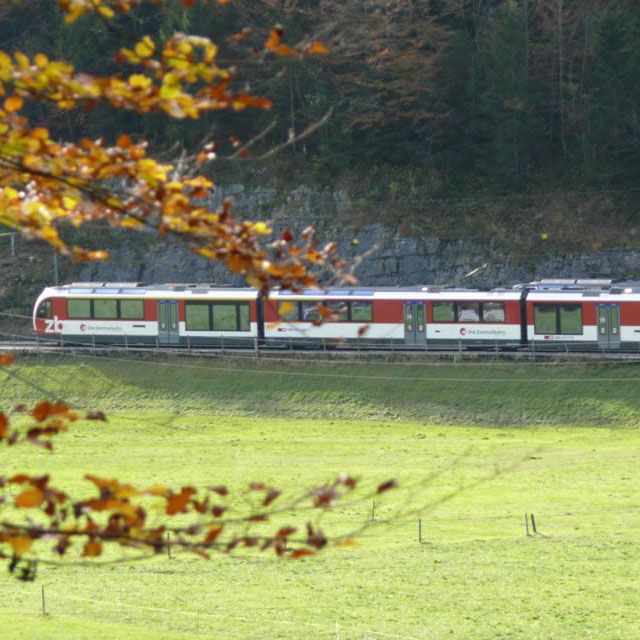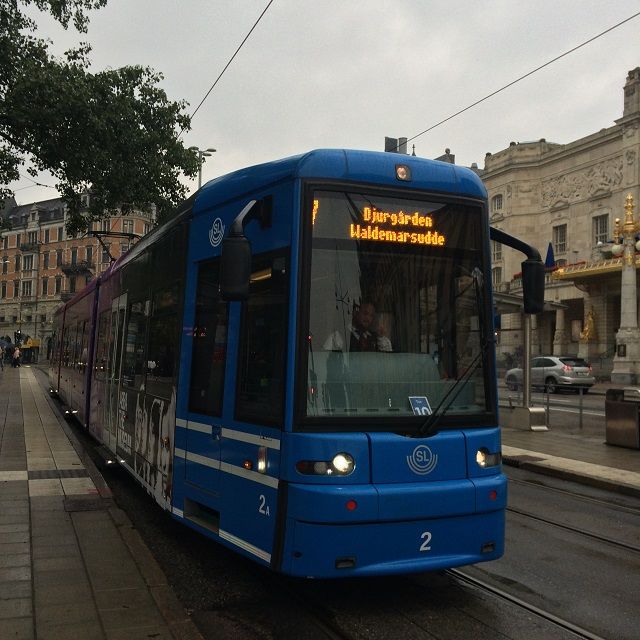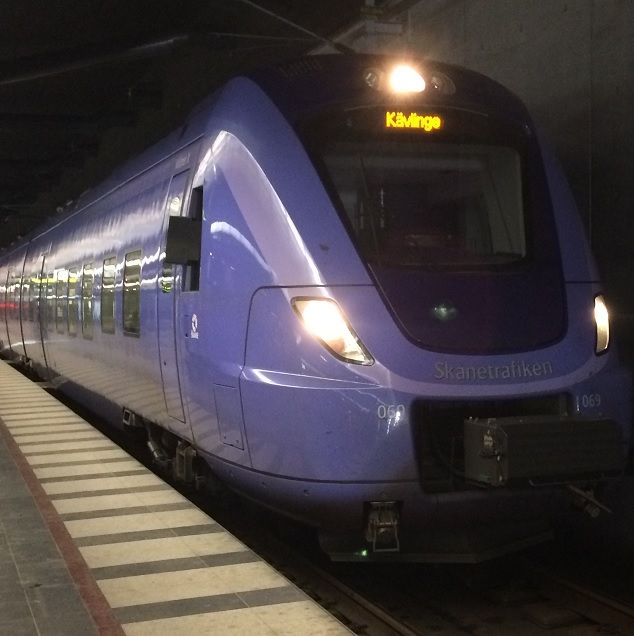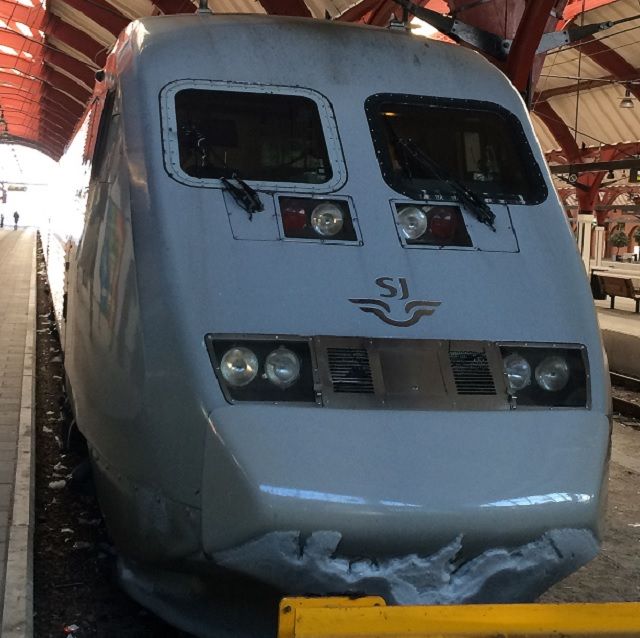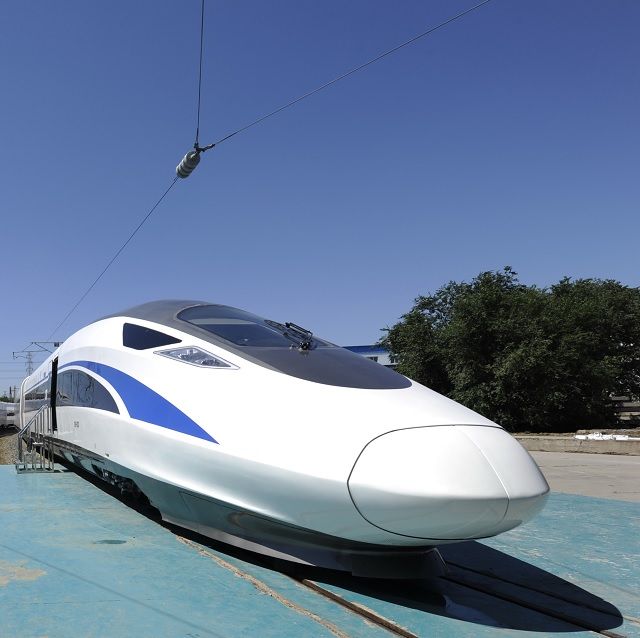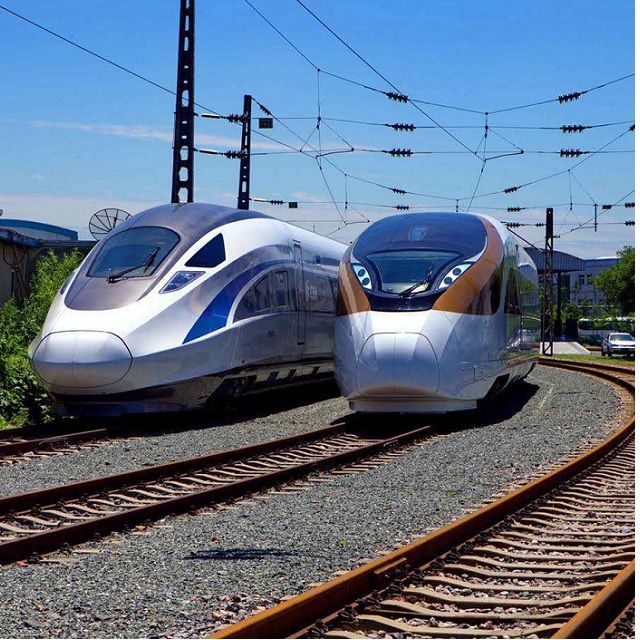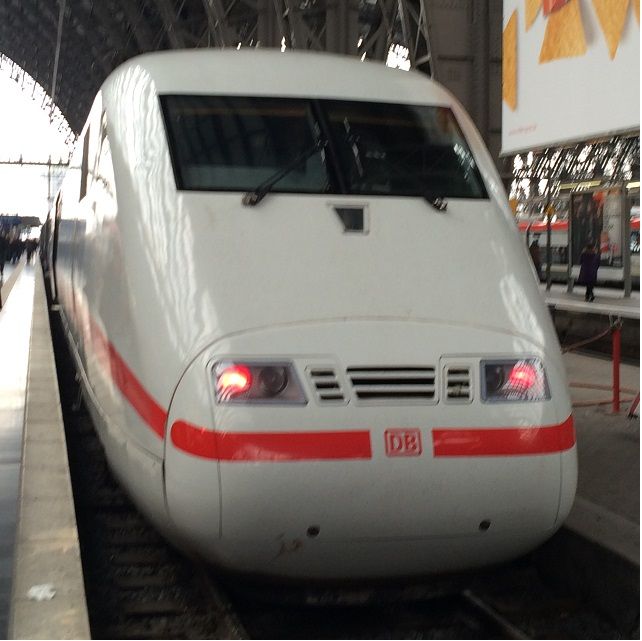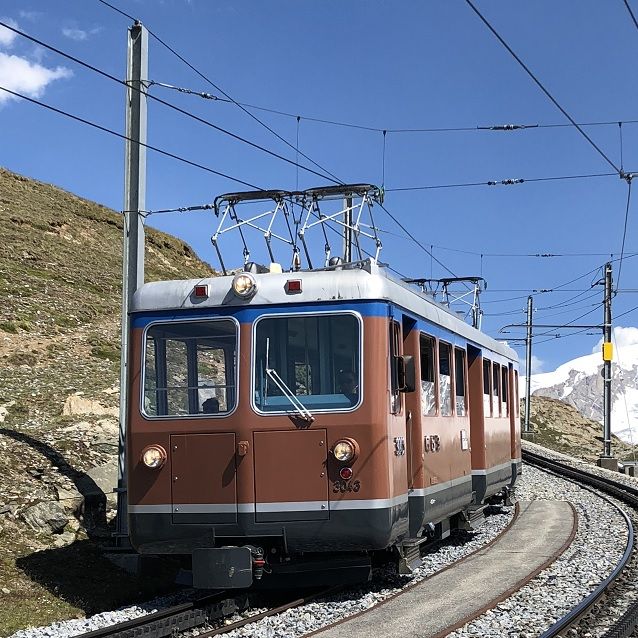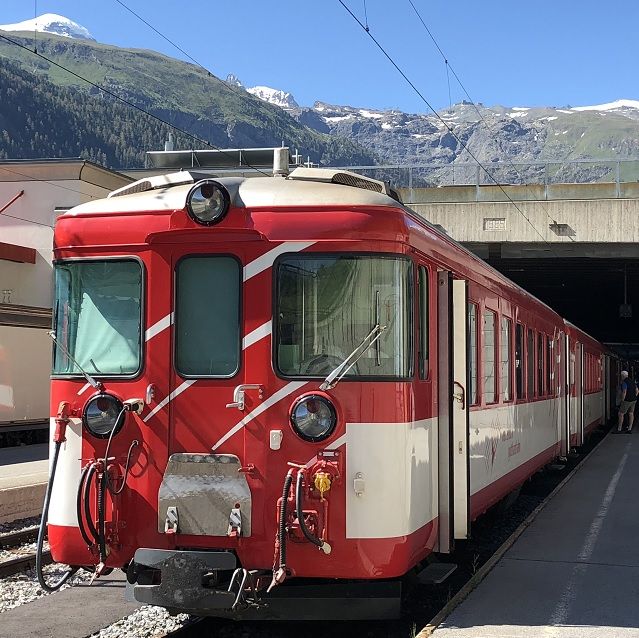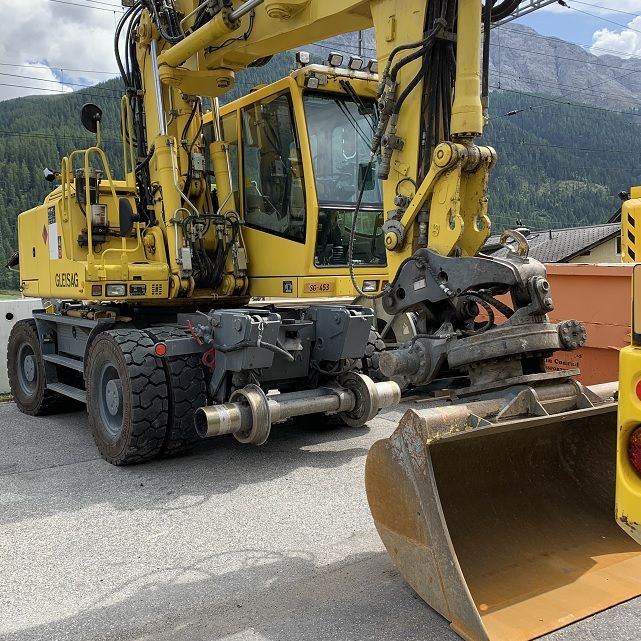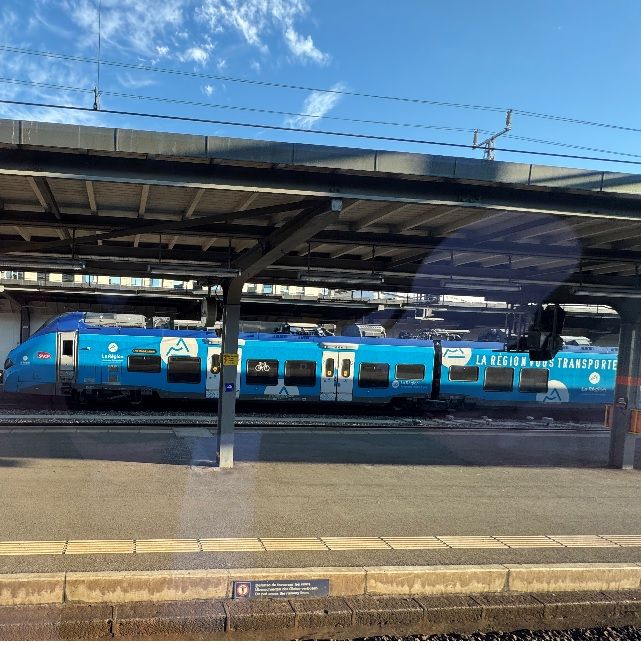News
Export Credit Agencies (ECAs) urged to treat rail fairly by applying the Cape Town Discount – especially given rail’s green credentials
The RWG is pressing ECAs to do more to support the railways, the most environmentally friendly means of mass transport today. In particular, ECAs should apply the Cape Town Discount of 10% on risk premiums, currently awarded for aircraft financing under the Aircraft Protocol, to rolling stock transactions when the Luxembourg Rail Protocol comes into operation next year.
The genuinely enhanced security that the Aircraft Protocol to the Cape Town Convention provides to creditors was the impetus for the OECD to formalize the Cape Town Discount, a significant reduction in financing costs for related transactions.
With the imminent entry into force of the Luxembourg Rail Protocol, the same reduction in financing costs must be provided for rolling stock. Particularly as railways are dramatically more climate friendly and sustainable than aircraft.
“We welcome the OECD’s decision to include some railway rolling stock under the remit of the Climate Change Sector Understanding,” said RWG Chairman Howard Rosen. “However, we believe that this move does not accurately reflect the improved position of the creditor when the Luxembourg Rail Protocol applies. Indeed, the Cape Town Discount of 10% on risk premiums, which already applies to aircraft financings, should logically be extended to rolling stock transactions. In fact, given rail’s superior ‘green’ credentials, an even higher discount would be both justifiable and beneficial for the environment.”
The RWG’s latest publication focuses on improving ECA financing practices for railway equipment. For African nations, which have an enormous need for more trains due to rising urbanization, and are united in planning to build rail networks across the continent, financing discounts can ‘make or break’ the economic case for more investment in the railways. Once the Rail Protocol is in operation, a solid ECA discount on rolling stock financing costs will be hugely beneficial in supporting the vast economic, social, developmental and environmental advantages that railways deliver.





